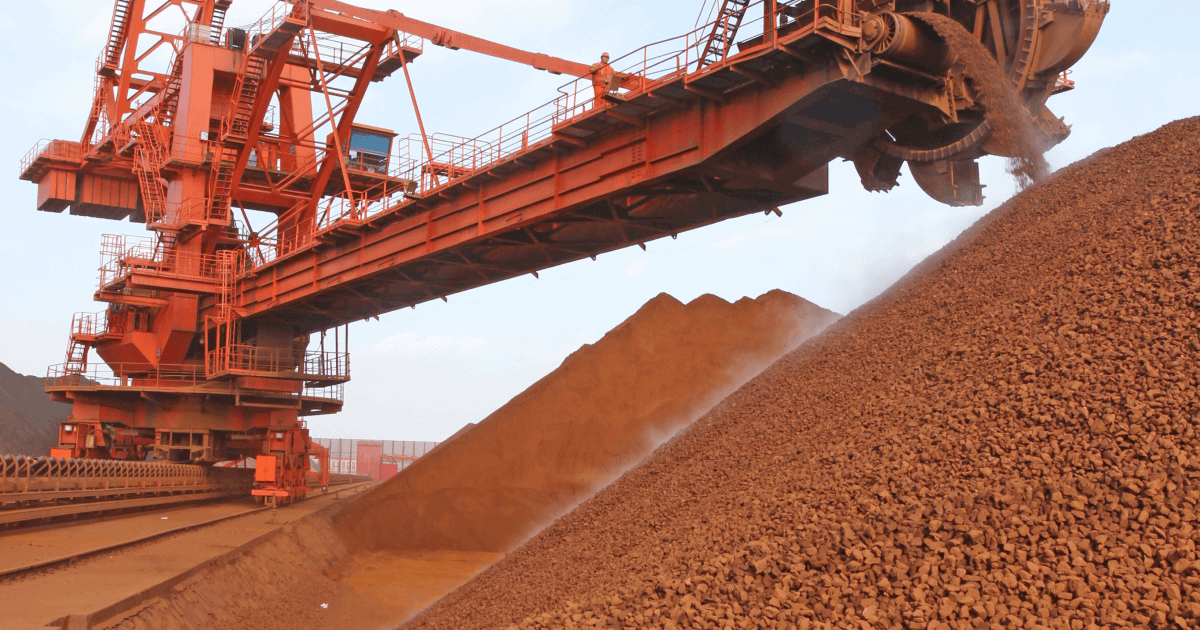
The local building materials market in Egypt is witnessing continued stability, with reinforcing steel prices holding steady amid ongoing global economic pressures. Analysts say this consistency is providing construction firms and investors with much-needed certainty.
For the eleventh consecutive month, Ezz Steel, one of the country’s leading producers, has maintained factory prices between EGP 38,000 and EGP 38,500 per ton.
Final consumer prices are reported to range between EGP 39,000 and EGP 40,000 per ton, showing no significant fluctuations from previous months. According to the Cabinet’s local price portal, integrated steel is priced at EGP 39,138 per ton, while investment steel reaches approximately EGP 36,371.75 per ton.
The head of the Building Materials Division confirmed that prices have remained unchanged since October of the previous year, reflecting a deliberate effort by producers to maintain market stability.
“Producing companies are committed to sending official notifications to the markets to maintain prices at the same levels as before, without any reduction or increase,” he said.
He further detailed that integrated steel is sold at factory prices between EGP 38,000 and EGP 38,200 per ton, while consumer prices range between EGP 38,500 and EGP 39,000 per ton.
Investment steel varies between EGP 23,000 and EGP 36,000 per ton at the factory, reaching consumers at EGP 34,000 to EGP 37,000 per ton depending on the product type and manufacturer.
The prolonged stability is having a positive effect on the construction sector.
“This steadiness allows contracting companies and real estate investors to plan projects without worrying about fluctuating iron costs,” the division head explained. He noted that steel is a critical input in construction, directly influencing overall project costs.
Despite global pressures from rising energy, shipping, and raw material costs, Egypt’s steel market has shown resilience. Market experts say the consistent pricing signals relative calm in the building materials sector, providing confidence for ongoing and future construction initiatives across the country.
This continued steadiness may also help curb sudden inflationary pressures in the real estate sector, benefiting both developers and end consumers alike.



